Mosquito repellent plants – 10 natural pest-deterrents for your garden
If you’re tired of being bitten, then grow the best mosquito repellent plants to help keep the critters away
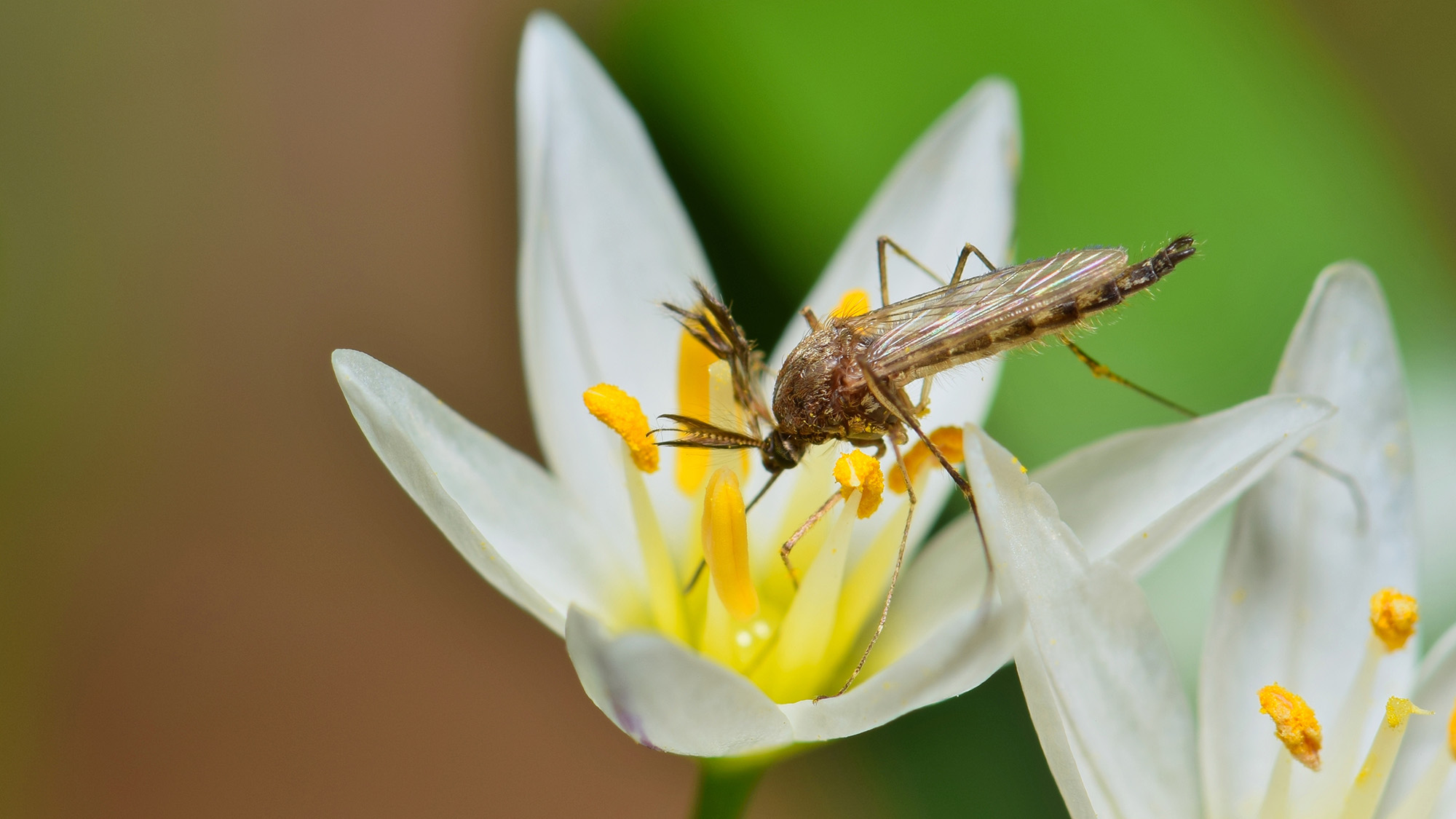

Growing mosquito repellent plants is a clever way to create an unwelcoming environment for these pesky blood-suckers.
There are few insects as hated as the mosquito. As well as administering painful, itchy bites to their victims, the insect is known to spread dangerous diseases in some countries, like Zika virus, malaria, and dengue fever.
If you're prone to being bitten, then adding a few mosquito repellent plants is likely to be top of your garden ideas. However, they should only be relied upon in combination with other measures.
‘The strong chemical fragrances produced by some common garden plants can slightly alter the scent receptors that mosquitoes use to find us – but simply planting strongly scented plants in your garden isn't enough to keep these fiends at bay,’ says Charlotte Bailey, horticulturist and founder of Oh So Garden.
‘The key to warding off mosquitoes lies within the plant's oils. Found within the leaves, these oils are very concentrated and have a true mosquito-repelling effect. The best way to release them is by burning sprigs of the plant or crushing the foliage.’
So, while filling pots and borders with these plants will help to confuse and deter them, you should ideally look to use the plants in other ways by rubbing their oils on your sink, making your own bug spray or throwing them on the grill during a BBQ.
Best mosquito repellent plants
Aromatic plants and herbs are the best mosquito repellent plants, as their scent is offputting to the insects.
‘Mosquitoes are attracted to the carbon dioxide we emit, and a plant’s scent can often mask that,’ says Jennifer Green, botanist and writer for Positive Bloom.
Many of these popular garden plants are used in making commercial insect repellents, so are a great starting point.
1. Lavender
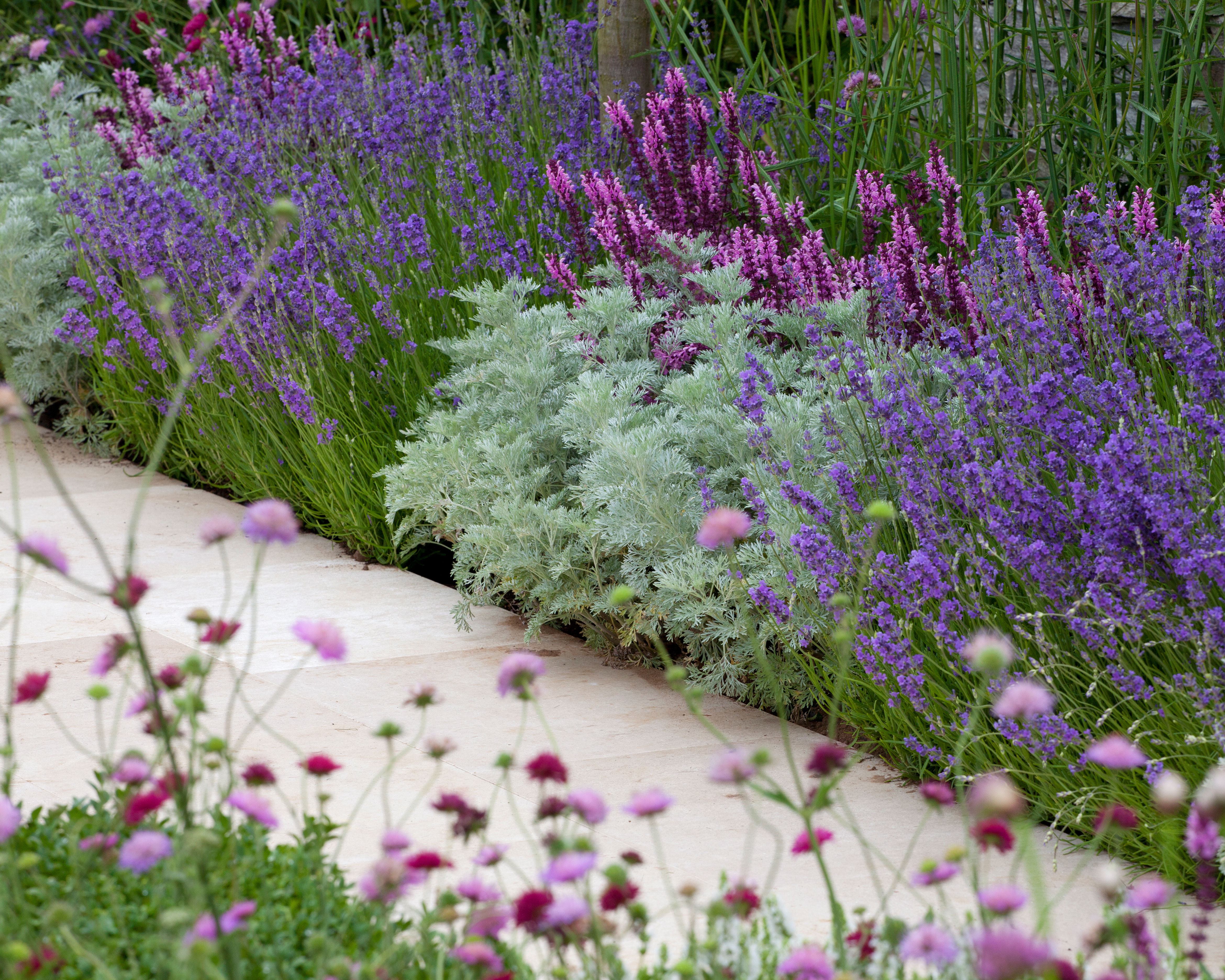
‘One of the most effective mosquito repellent plants, lavender is so fragrant that you don’t even have to crush and rub it onto your skin for it to work,’ says Green.
It’s easy to learn how to grow lavender in pots or borders. As Mediterranean plants, they thrive in warm, dry summers, so to enjoy their heavenly fragrance and bug-busting properties in cold climates, consider growing them indoors.
You should be able to grow lavender well in USDA zones 5-9. The plant does have a tendency to get leggy after a few years so make sure you know how to prune lavender to keep it looking its best.
2. Basil
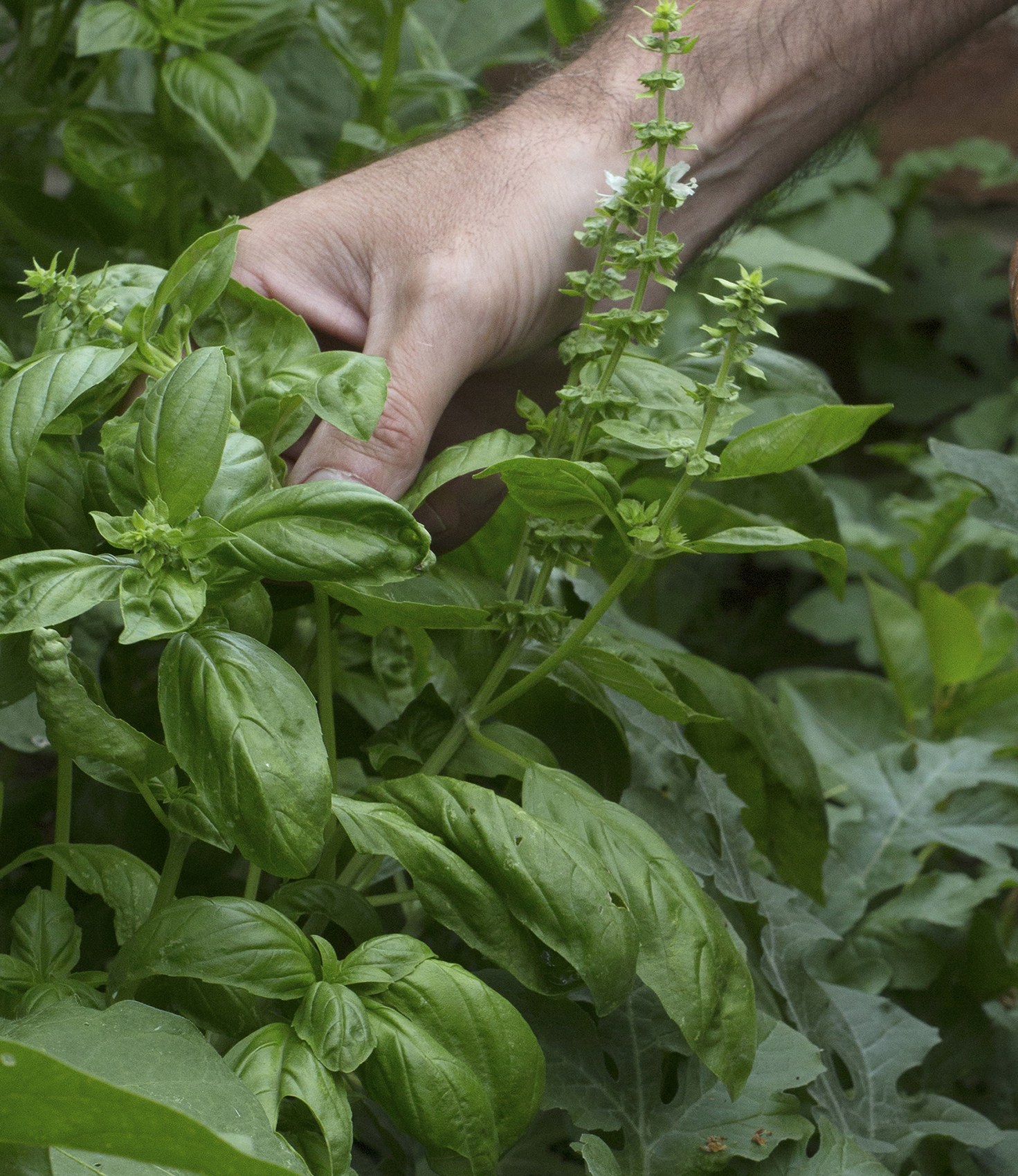
An indoor or outdoor option that also adds to your culinary arsenal, basil is one of the most mosquito repellent plants you can grow.
‘If you're not looking to crush any plants, then basil is your best bet,’ says Bailey.
‘One of the most pungent culinary herbs, this 'set and forget' plant gives off a strong scent that deters both mosquitoes and flies.’
It’s easy to learn how to grow basil from seed or cuttings – it simply needs a sunny spot and a close eye on watering.
‘Basil needs a bit of shade from the scorching sun, so you should protect it if the summers are too hot,’ adds Green.
3. Marigolds
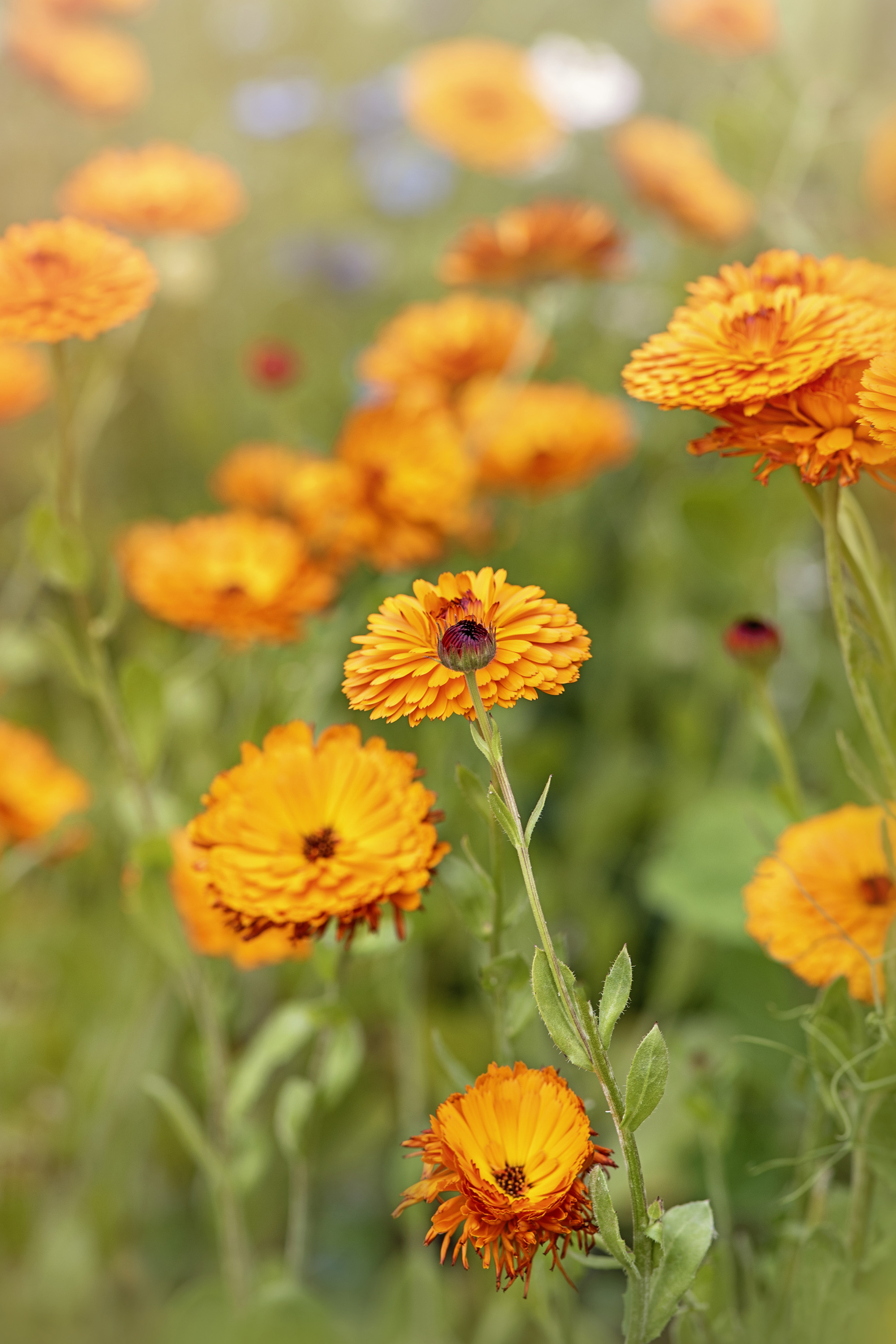
As well as being full of color, marigolds possess a distinctive smell that is repellent to mosquitos as well as many other garden pests. This makes them a popular option for companion planting. Happily, they are appealing to bees.
The flowers’ essential oil has a similar effect to DEET, and is used in many insect repellents.
Marigolds are quite compact, which makes them ideal for growing as annuals in containers. This means they can be moved around where needed. Dot the pots around sitting areas and among your kitchen garden.
Learn how to grow marigolds from seed for an endless supply of summer cheer.
4. Rosemary
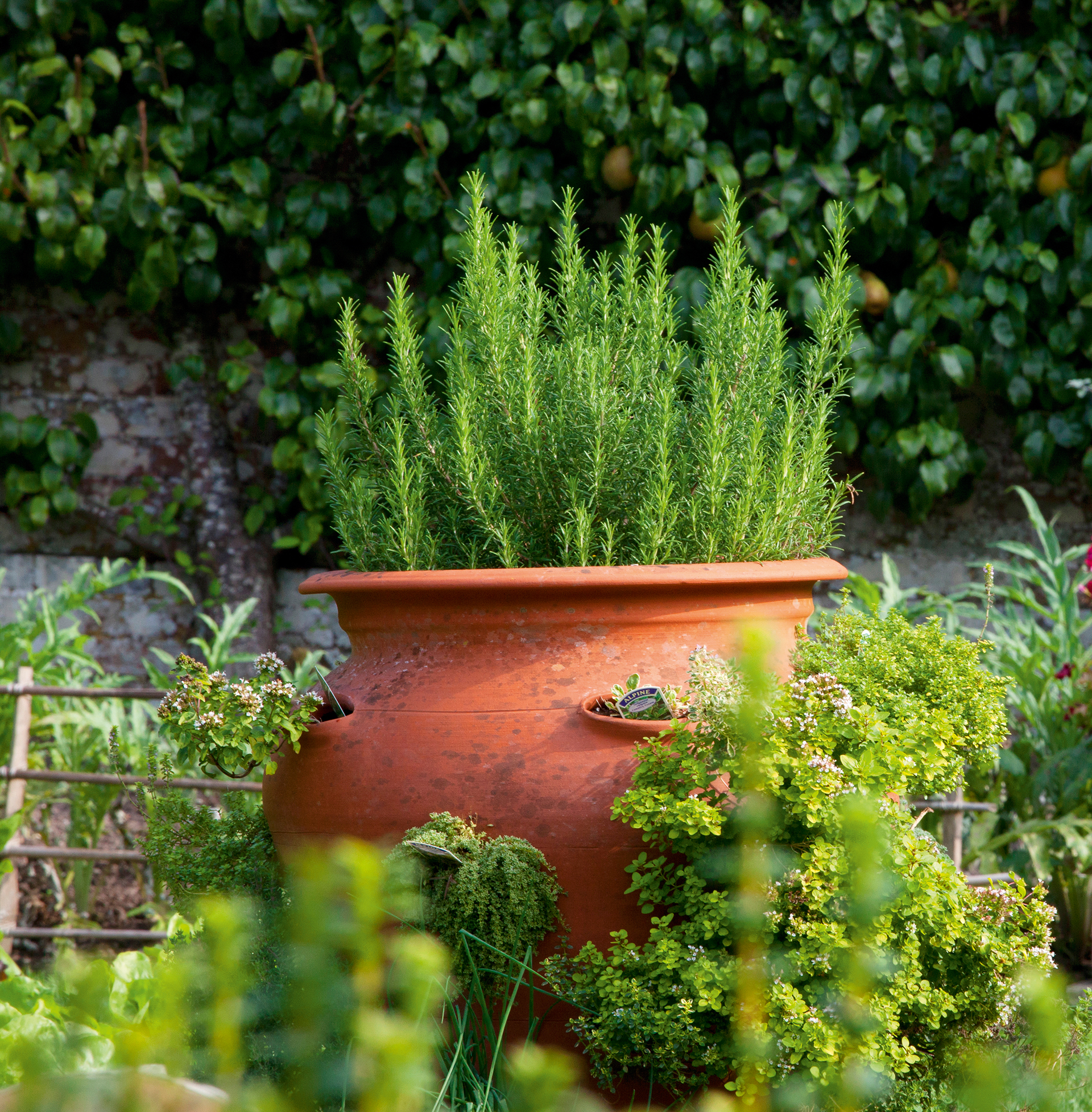
Highly attractive to bees and other precious pollinators, aromatic rosemary is far less appealing to mosquitoes. It also makes a delicious addition to a Sunday roast.
‘Rosemary is much more effective as a mosquito repellent when it is burnt,’ says Green. Burning it will release its essential oils, so try throwing a few sprigs on the grill or firepit when entertaining in the garden – this should help to deter the blood suckers.
You can learn how to grow rosemary from cuttings or seed. As a Mediterranean plant, it is best suited to USDA zones 7-9, but you can grow it as an annual or bring it indoors in colder areas.
‘Rosemary prefers temperatures up to 80°F, so you should cover it with a shade if the weather is too hot,’ adds Green.
5. Citronella grass
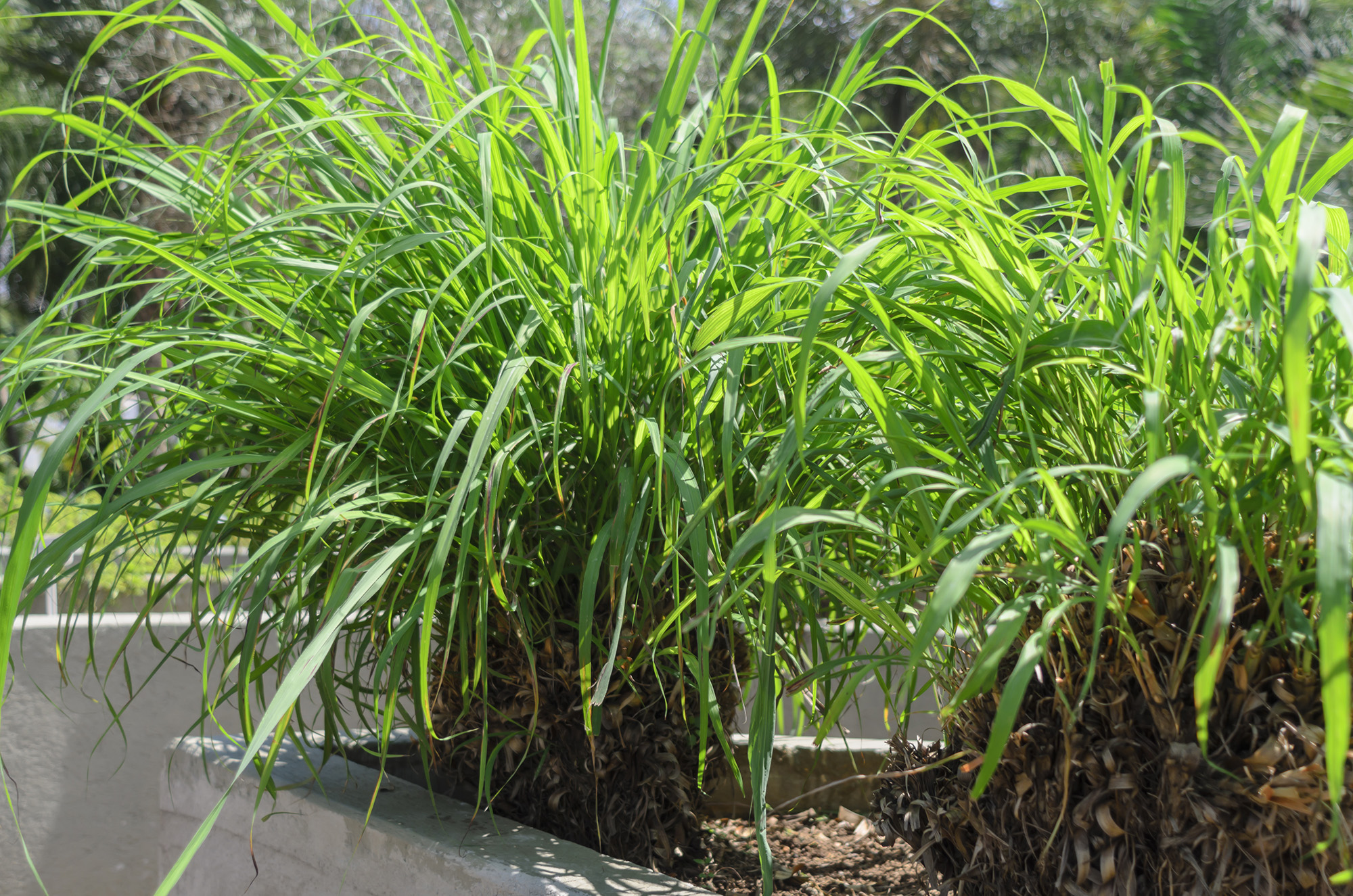
Widely used as a natural bug repellent, citronella oil is derived from citronella grass – or Cymbopogon nardus. While highly effective when used in sprays and candles, the oils are not released when the plant is simply growing.
Despite this, citronella grass is a popular option for growing around seating areas and entrances to homes, and is believed to help deter mosquitoes, as well as other pests such as whitefly.
‘Citronella grass can be crushed and applied topically to repel mosquitoes,’ recommends Green. ‘The plants do need higher temperatures to thrive, so they should be grown indoors if the weather is too cold.’
Native to tropical areas of Asia, citronella grass can be grown as a perennial in USDA zones 10-12, though some gardeners are able to grow it in zone 9. It typically reaches heights of around 6ft.
6. Lemongrass
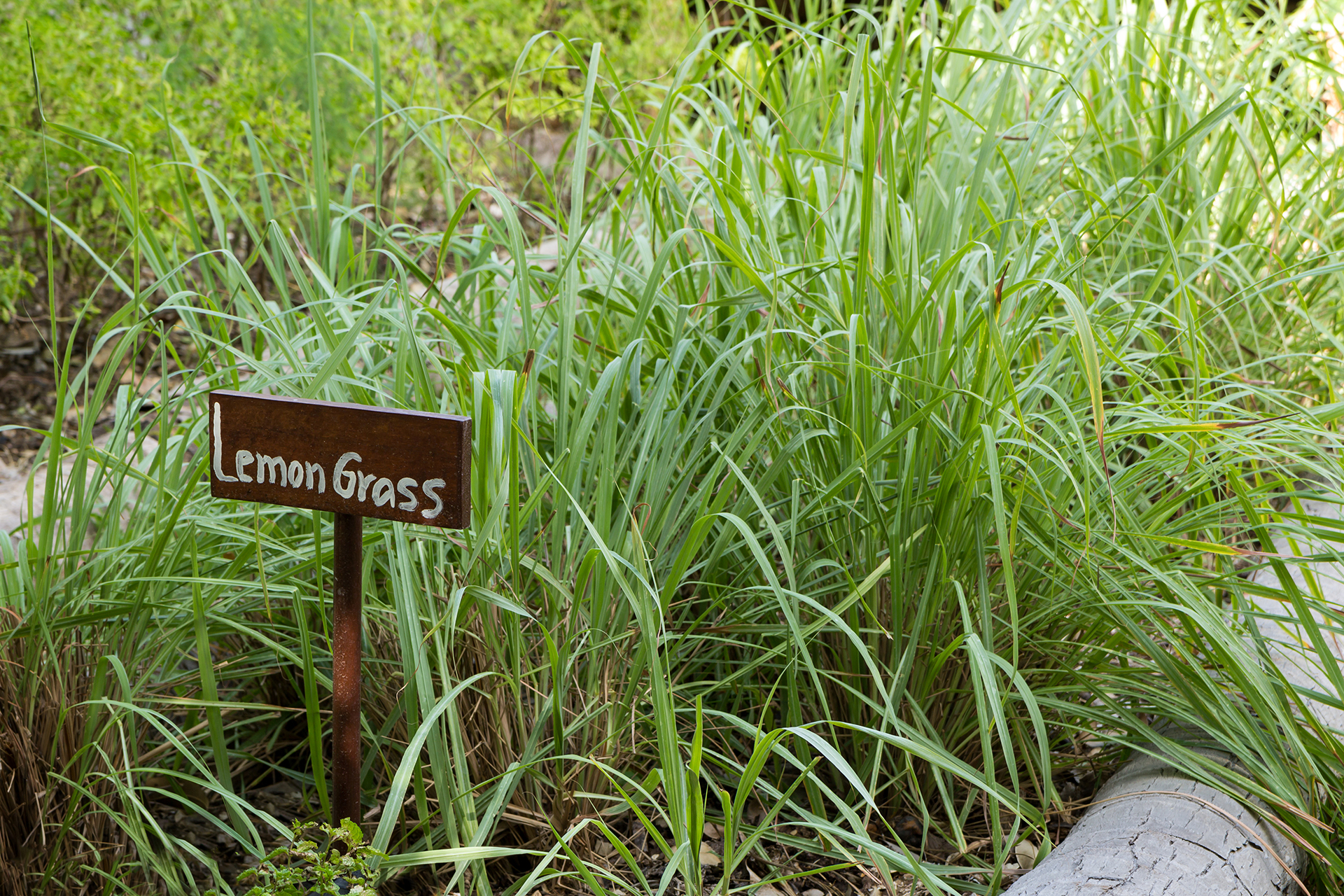
A fragrant grass widely used in Asian cooking, lemongrass – or Cymbopogon citratus – is closely related to citronella grass and contains its own similar essential oil that is equally disliked by mosquitoes.
You can spot the difference between the two plants by looking at the bases – lemongrass has a yellow-green color with a white base, while citronella grass has a reddish tinge towards the base.
It’s surprisingly easy to learn how to grow lemongrass, and when planted in containers its size will be restricted, allowing it to be moved indoors in cold weather.
7. Lemon thyme
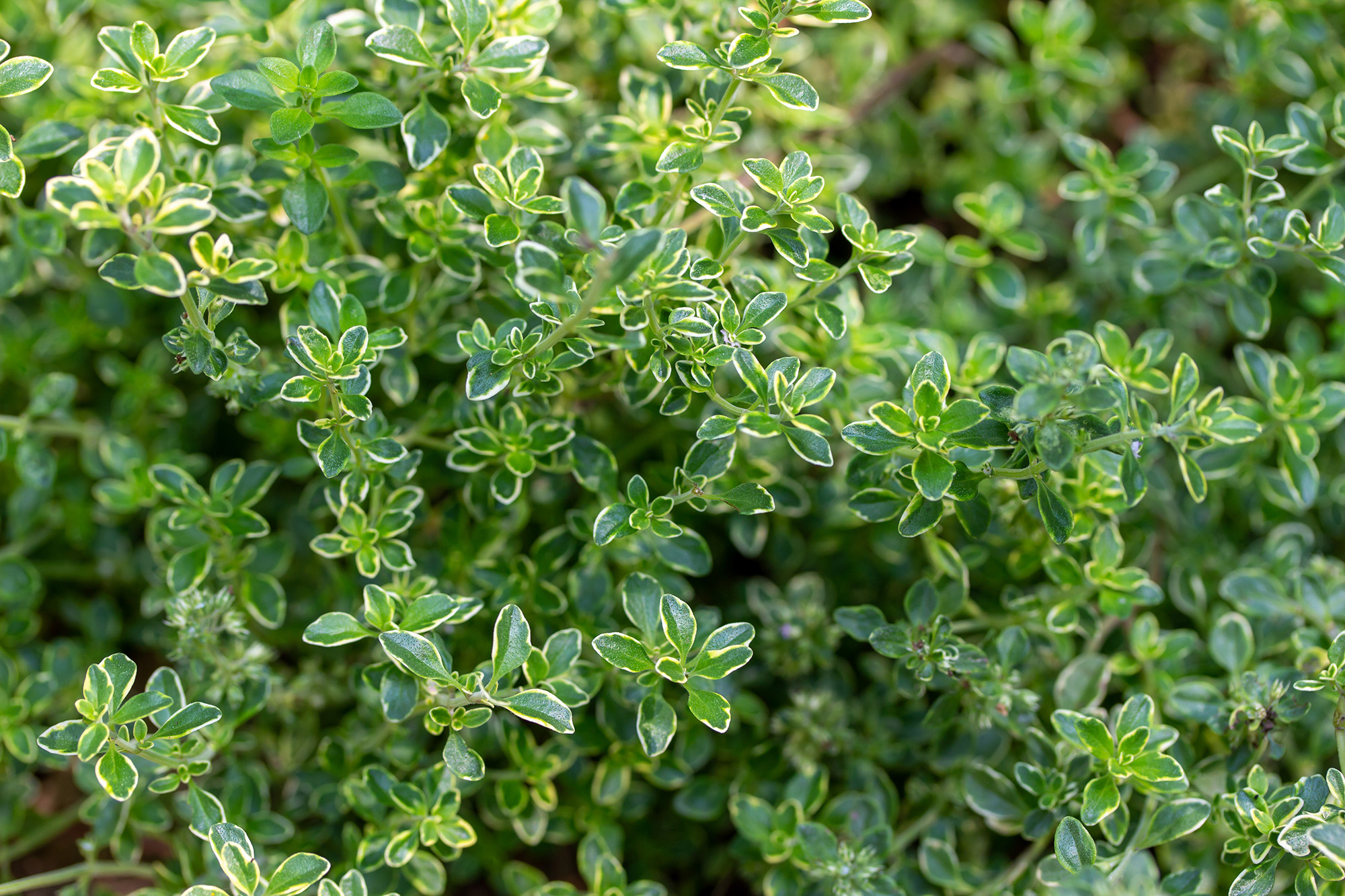
‘Lemon thyme is a heavily citrus scented plant that can be used either outdoors or indoors to ward off mosquitoes,’ says Bailey. ‘Simply burning a few sprigs is enough to keep mosquitoes away from the immediate surroundings.’
One of the best aromatic herbs, lemon thyme is also delicious when cooked with fish, chicken and vegetables, and is highly attractive to pollinators.
If you know how to grow thyme, then growing lemon thyme is just as simple. Use it to form a groundcover, or plant it along the edges of a path or patio.
8. Mint
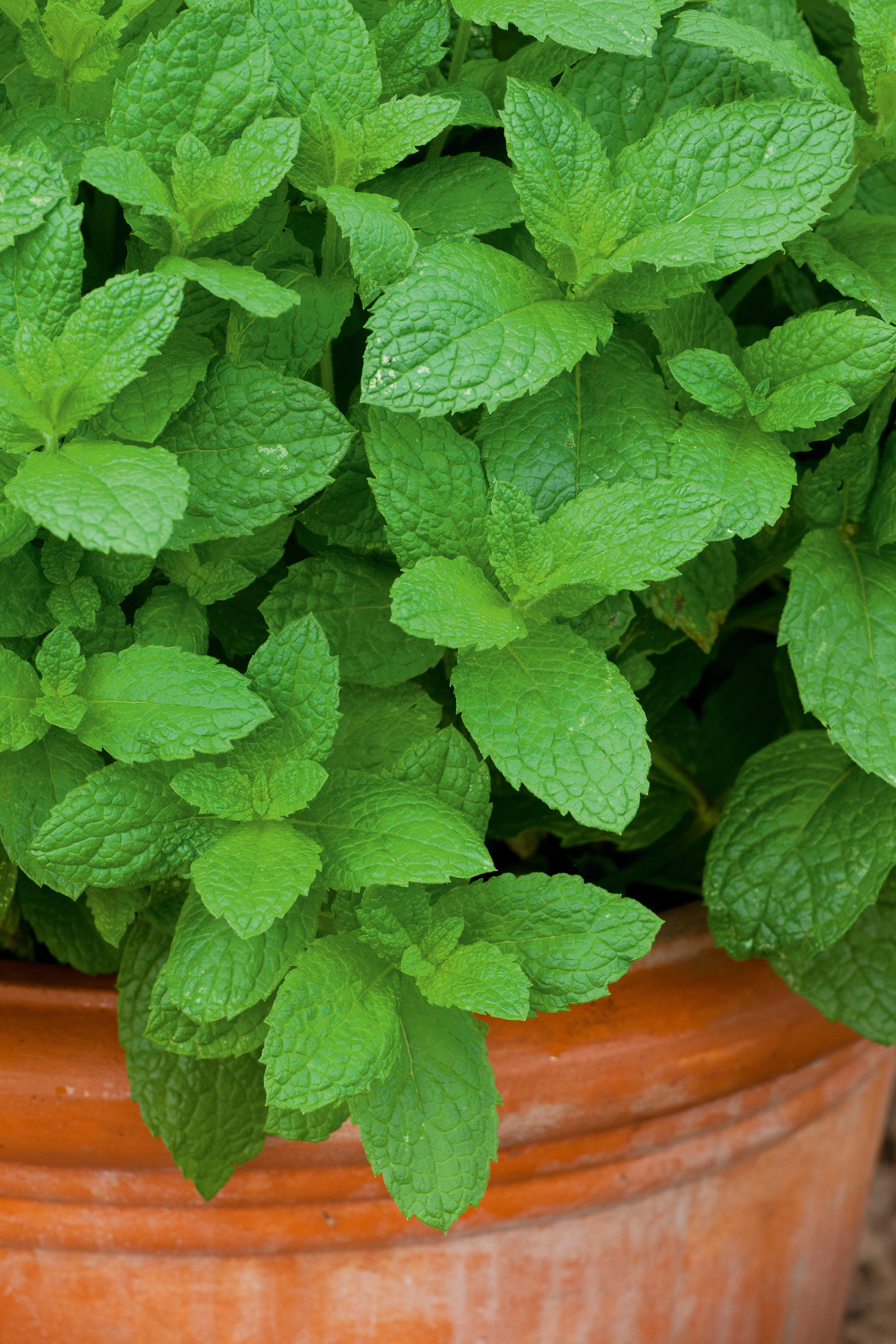
‘Mint is one of my top picks for the garden as well as being one of the best mosquito repellent plants,’ says Stuart Mackenzie, horticulturist and expert at Trees.com. ‘I love its scent, it’s easy to grow and can also be grown indoors, making a nice addition to any kitchen.’
With its sharp scent, peppermint is also highly effective at deterring pests.
Mint is a highly versatile herb with a wide variety of culinary and medicinal uses, and is prized for being a digestive aid.
Learning how to grow mint is easy, but bear in mind that the plant’s roots can be invasive, so it is usually best grown in pots. You should be able to grow mint outdoors in zones 3-8.
9. Catmint
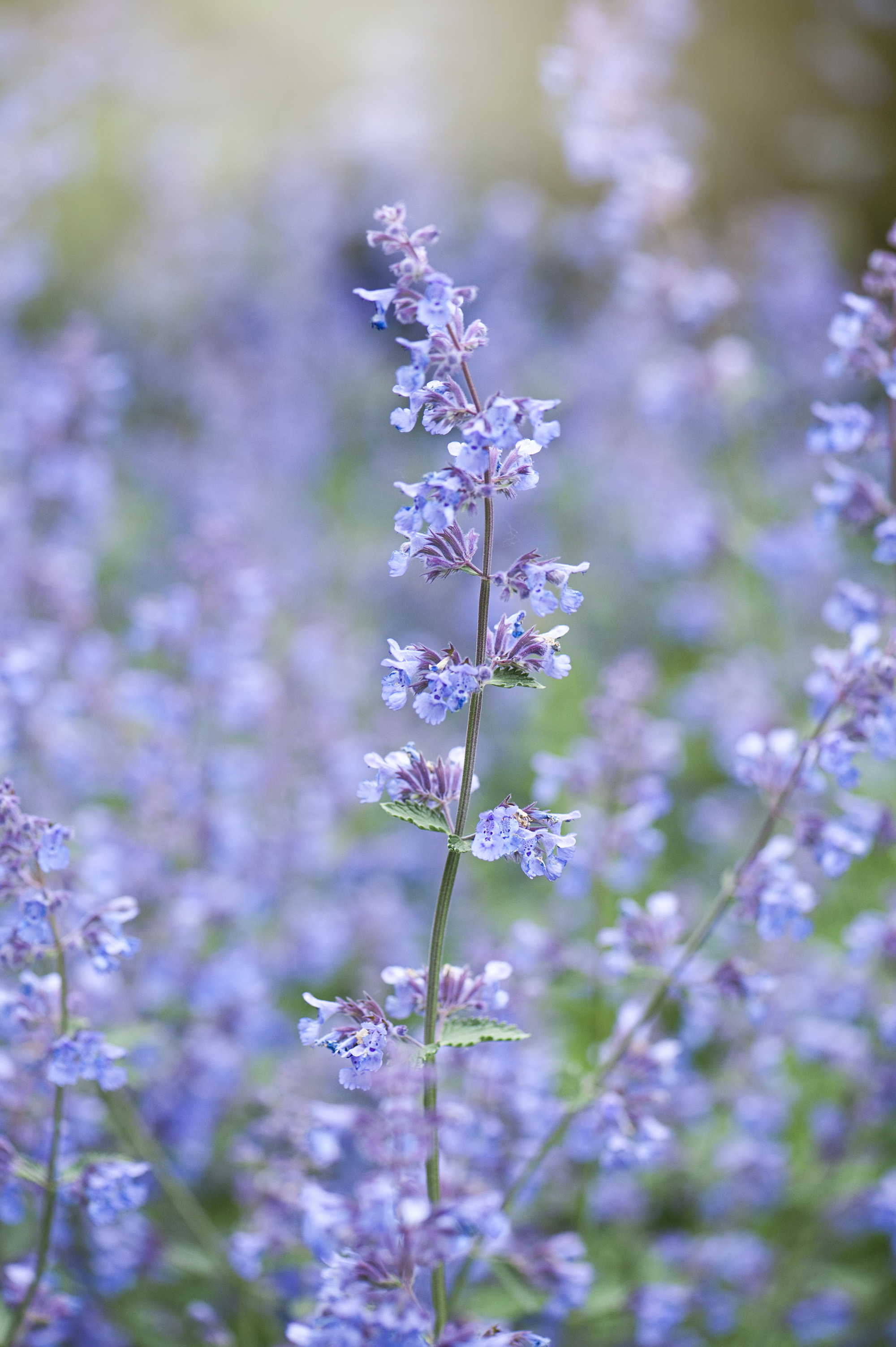
Catmint is hated by mosquitoes – its essential oil nepetalactone has been found to be 10 times as effective as DEET. It has lovely lavender-like flowers that are prized in gardens, and its leaves can be used in cooking.
Catmint is incredibly easy to grow, though belonging to the mint family, it can be invasive. You can make your own bug spray by simply cutting off the flowers and boiling them.
Its close relative catnip is also disliked by mosquitos, but bear in mind that planting it will likely drive feline friends wild. If you are considering when to prune catmint, this is best left until late winter or early spring, before the new growth emerges.
10. Alliums
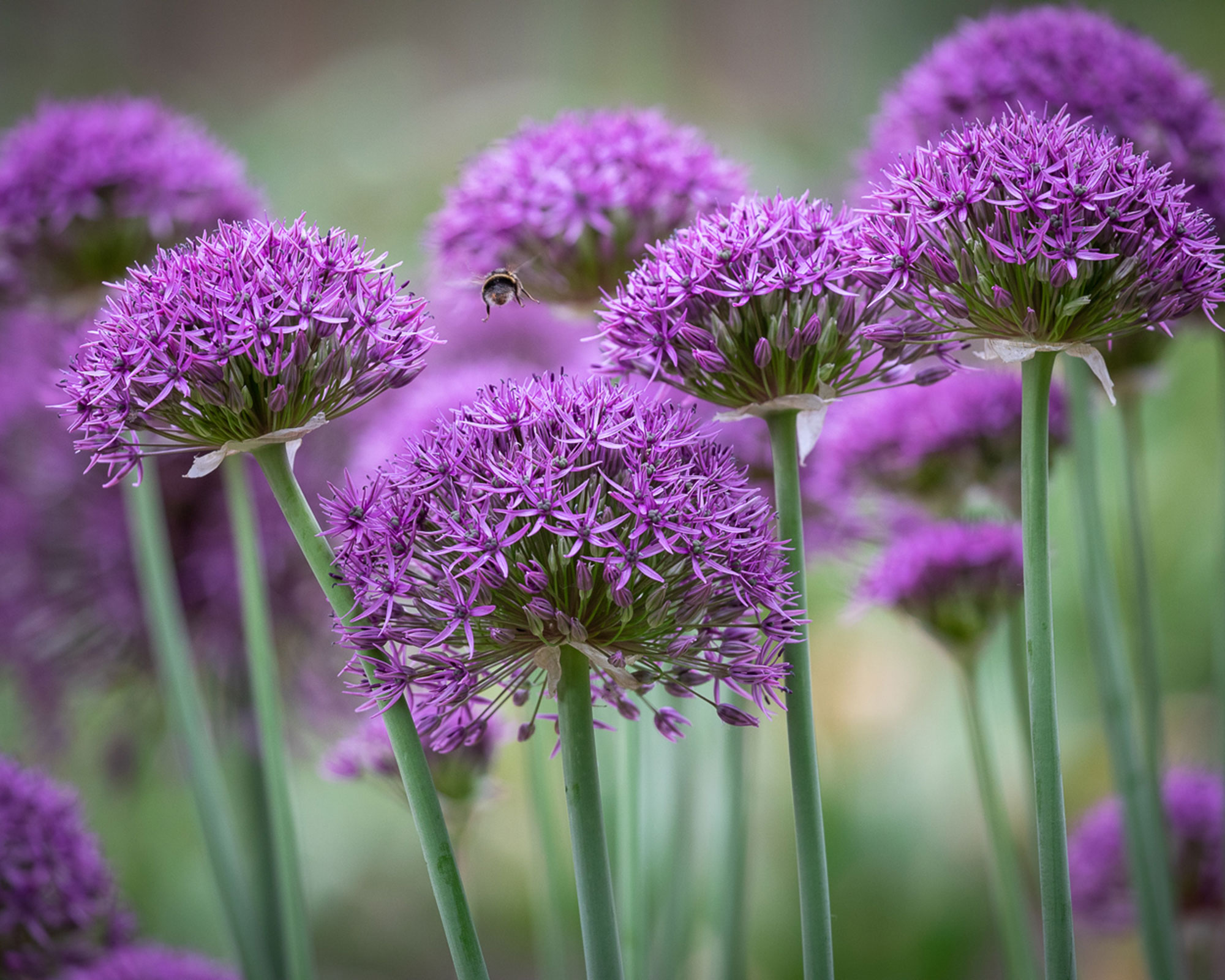
Emitting an oniony scent, alliums are effective at repelling a wide variety of garden pests, including mosquitoes.
With their showy heads of usually purple flowers, these attractive bulb flowers are easy to grow, so make fantastic low maintenance garden border ideas.
For best results, alliums benefit from a sheltered spot and free draining soil. Depending on the variety, they can be grown in USDA zones 3-9.
What plant do mosquitoes hate the most?
Citronella is the most widely hated plant by mosquitoes, but is mostly only effective once its natural oils have been released.
These oils are widely used in commercial insect sprays, but can also be made into candles, which will not only deter pests but add an inviting atmosphere to outdoor entertaining.
What plants attract mosquitoes?
While some plants help to repel mosquitoes, others attract them so are best avoided in your garden.
’Research has found that mosquitoes actually use some plant species as food sources. Mosquitoes consume sugary plant liquids, including nectar, fruit juice, plant sap, and other plant exudates,’ says Brody Hall, horticulturist and co-founder at The Indoor Nursery.
Specially, mosquitoes have been observed inhabiting or foraging from bird cherry (Prunis pensylvanica), common milkweed (Asclepias syriaca), common water hyacinth (Pontederia crassipes) and water lettuce (plants in the Pistia genus).’
Water lilies, jasmine bushes, taro and papyrus plants are also potential culprits.
Sign up to the Homes & Gardens newsletter
Design expertise in your inbox – from inspiring decorating ideas and beautiful celebrity homes to practical gardening advice and shopping round-ups.

Melanie has worked in homes and gardens media for two decades. Having previously served as Editor on Period Living magazine, and worked on Homes & Gardens, Gardening Etc, Real Homes, and Homebuilding & Renovating, she is now focusing on her passion for gardening as a Senior Editor at Gardening Know How. As a keen home grower, Melanie has experimented with pretty much every type of vegetable at some point – with mixed results. Often it is the simplest things that elude you, which may explain why she just can't seem to master zucchinis.
-
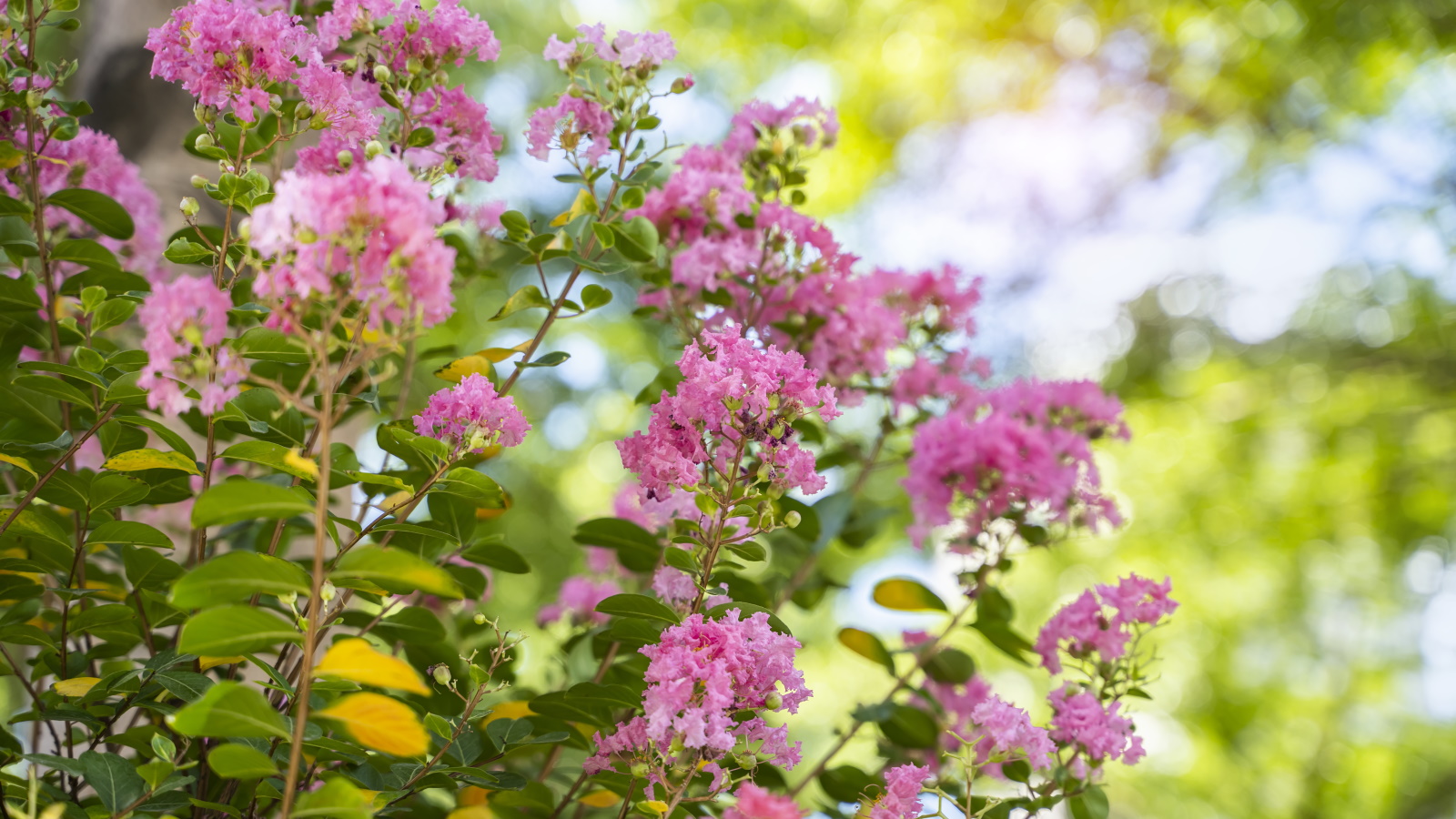 How to grow crepe myrtle in pots – and transform even the smallest of yards with dazzling flowers this summer
How to grow crepe myrtle in pots – and transform even the smallest of yards with dazzling flowers this summerGrowing crepe myrtles in pots will inject splashes of brilliant color into your outside space
By Thomas Rutter Published
-
 I've spent over 200 hours testing vacuums and swear by my two Dysons – this is how I properly clean a Dyson vacuum filter for longer-lasting appliances
I've spent over 200 hours testing vacuums and swear by my two Dysons – this is how I properly clean a Dyson vacuum filter for longer-lasting appliancesYour Dyson vacuum will last much longer and clean at its best
By Dan Fauzi Published